This specialisation course is centred on accessible communication and focuses on easy-to-understand language. Easy-to-understand language covers all language modalities with different levels of simplification and a determined visual presentation with the objective of allowing everyone to be able to perceive the information and understand it better. Examples of easy-to-understand language are Easy-to-Read and Plain Language.
Main facts about the 2022-2023 course
- Starting 9 January 2023, online. 12 weeks (6 ECTS).
- 60 places available.
- Professional orientation.
- Price: 420 €.
- Structure:
- Unit 1 (two weeks). What is easy-to-understand language? Services and format.
- Unit 2 (two weeks). Legislation, standards and guidelines.
- Unit 3 (two weeks). The process of creating, adapting and assessing/validating easy-to-understand content.
- Unit 4 (two weeks). Linguistic and visual aspects.
- Unit 5 (two weeks). Easy-to-understand language in the audiovisual field.
- Unit 6 (two weeks). Case studies in various languages. The planned languages for this unit are Catalan, Spanish and English. The offer of languages can be increased or reduced on demand.
- Languages: English. The final assignment can be delivered in English, Catalan or Spanish.
How to enrol:
Please read this website for more information on how to request admission and then enrol.
TRAINERS
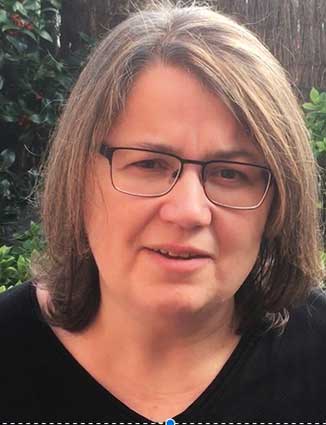 |
Anna Matamala, course director and facilitator (units 1-5) Associate Professor, Universitat Autònoma de Barcelona. Leader of Transmedia Catalonia research group, Anna Matamala has participated and led many funded projects on audiovisual translation and media accessibility. She is leading EASIT, a project on easy-to-understand language in audiovisual media. EASIT has produced training materials which will be used in this specialisation course. Anna Matamala is involved in standardisation. More information on Anna’s website.
|
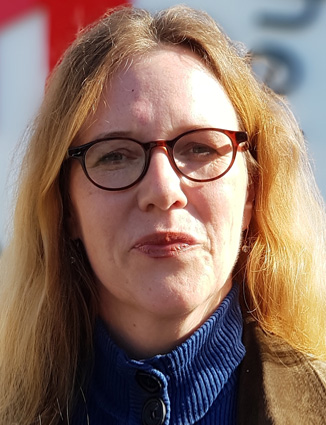 |
Christiane Maass, invited lecturer Professor for Media Linguistics, University of Hildesheim, Institute for Translatology and Specialised Communication, Director of the Research Centrefor Easy Language (“Forschungsstelle Leichte Sprache”), Head of the PhD research team “Accessible Medical Communication”, author and co-author of five monographical works on Easy Language, co-editor of the Handbuch Barrierefreie Kommunikation (“Handbook Accessible Communication”). |
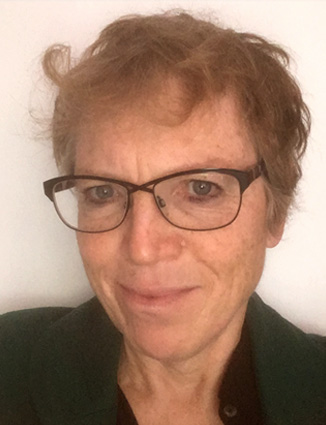 |
Deborah Chinn, invited lecturer Deborah Chinn is a clinical psychologist by training who works clinically with people with intellectual disabilities in a South London community healthcare team and as a lecturer at King’s College London. Her research looks at how people with intellectual disabilities access health and social care services and how information is adapted for them in verbal and written formats. |
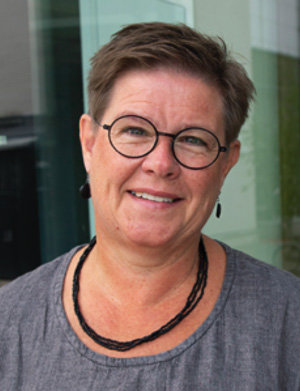 |
Ulla Bohman Ulla Bohman was Director of the Easy Language Service at the Swedish Centre for Easy-to-Read 2001–2014 and employee at the Swedish Agency for Accessible Media 2015–2018. Since 2018 she is running her own business Boarve konsult AB, offering training and lectures in Easy Language, accessibility and human rights, and editing services in Easy Language. She has expertise in accessible and intercultural communication and has been invited to present keynote addresses, presentations and workshops at several international conferences. |
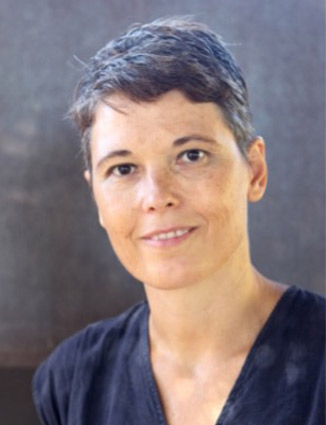 |
Elisabet Serra, lecturer in Unit 6 (Catalan) BA in Journalism (UAB) and MA in Publishing (UPF). Since 2008, Elisabet is Project Manager of Associació Lectura Fàcil (Easy-to-Read Association) in Barcelona, where she is responsible for coordinating the publishing projects and adapting a wide range of texts into the Easy-to-Read guidelines for people with reading difficulties. She is also a consultant for public and private companies and a trainer. Since 2017, she is also the codirector of the Easy-to-Read Association. Elisabet will lead the unit on easy-to-understand language in Catalan. |
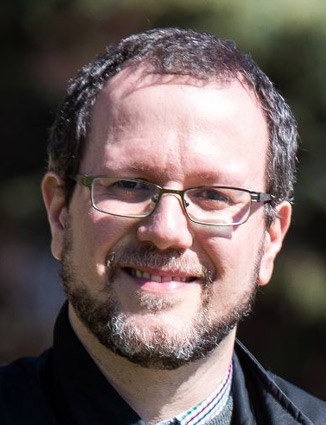 |
Óscar García Muñoz, lecturer in Unit 6 (Spanish) Óscar García Muñoz is the accessibility project manager at Plena Inclusión Madrid, a non-profit organisation that supports the rights of persons with intellectual disabilities. He has a degree in Journalism and a postgraduate degree in Design for All. Author of handbooks on Easy Read, he is a trainer and external lecturer in postgraduate programmes on Accessibility. He has extensive experience adapting documents, e.g. the Spanish Constitution. He was also part of the committee that discussed the Spanish easy read standard and he leads the European project TRAIN2VALIDATE. Óscar will lead the unit on easy-to-understand language in Spanish. |
 |
Katy Brickley, lecturer in Unit 6 (English) Dr. Katy Brickley is an Easy Read researcher and translator, based in the UK. After many years working as an accessible information translator, she conducted a PhD on the provision of information within migration programmes for asylum seekers. She now works as a freelance Easy Read translator and is researching the role of Easy Read information in healthcare settings in the UK. Katy will lead the unit on easy-to-understand language in English. |